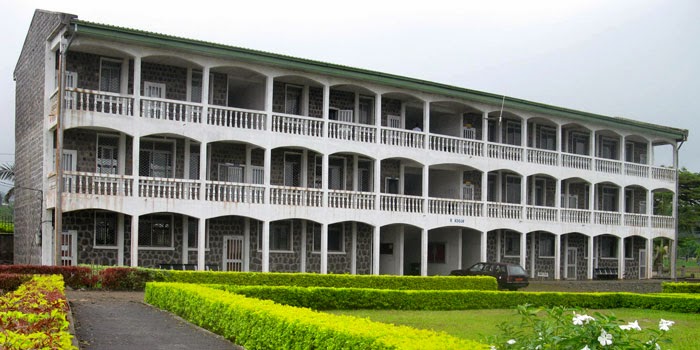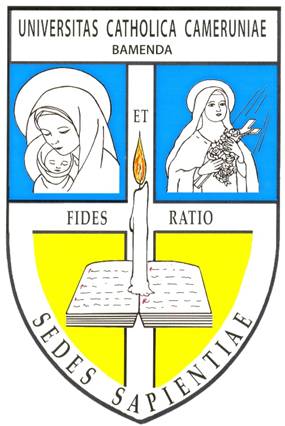Détails de la formation

MSc. Anthropology

Bamenda, Cameroon
639.500 F CFA
Social Science
2-3 years
Full-time
Course Start- 02 Oct 2017
The Masters level takes candidates to more advanced studies in the specific various area. This will facilitate the production of conceptual works of theory and research which tie advanced theories with practice in the various domains of professional specialization. This means that the Masters degree is a combined academic and professional degree of specialization which combines academic theory and research with professional hands on experiential training and learning.
The world has undergone profound social, economic and cultural changes in the last two decades beginning with the collapse of the global bipolar divide of the post- World War II era. These changes are taking place at all levels whether these be at local, national or transnational. The Master of Science in Anthropology will aim at training students to study and interpret these phenomena from a scientific perspective by being methodical, critical and comparative.
Home Student: 1,024,500 F CFA
Foreign Student :2,024,500 F CFA
Candidates will be required to have earned at least a Second Class Honours Degree in Anthropology. Former graduates of the department who do not meet the requirement of Second Class but have at least two years professional working experience with output in the field of Sociology and Anthropology or other Social Sciences components will be encouraged to enroll and take some supplementary courses designed by their supervisors.
Candidates with other backgrounds will have to present full transcripts from their former institutions for consideration by the Department of Anthropology. They might have to undertake supplementary courses at undergraduate level to make up for their degree course.
Mature professional candidates with at least ten years of professional experience after General Certificate of Education, will be considered after study of their application and deliberation by the Department. Such candidates will have to take assigned intensive theoretical courses to complete the undergraduate level and validate those courses before their admission for the Masters degree in the academic professional area will be confirmed.
All candidates seeking admission for the specialized masters degreecourse will have to present a typed written proposal of three to five pages stating with details:
1. Their motivation, their educational, professional and research experience,
2. Why they want to study at the Catholic University of Cameroon, Bamenda
3. What field they want to specialise in,
4. Why they have chosen that specialization and how their educational and professional background support this specialization,
4. How they intend to use their specialization to enhance employment, development in Cameroon and Africa.
5. How they intend to use their specialization supported by project plan of outreach for African Development.
Each candidate will be attributed a supervisor of thesis by the Department. Candidates will present a research thesis at the end of the Masters Degree programme. The Masters thesis will have to be a scientific and academic contribution to research by handling original topics with critical analysis which will contribute to solving some critical socio-anthropological problems; and contribute to human and environmental development. This will imply that candidates will focus on their original proposals and topics of research by gleaning from the academic theoretical courses, workshops, seminars, internship facilities and experience, to come up with critical analysis and contribution to development in their thesis. Thesis for the Masters degree will be submitted between three to six months after the courses would have been completed and successfully validated.
Each candidate will be expected to present two to three seminar papers before completion of the courses and final thesis. This will enable the Masters degree candidates and supervisors and any other audience to appreciate and come up with critical evaluation and suggestions for improvement of the research and critical analysis of the work and other future works of the candidate.
Future, Career and Employment Opportunities.
Graduates in applied anthropology will be self employed as international consultants, researchers and cultural brokers. They will also be likely employed in the country and in international organizations and NGOs in competing positions with students from other Universities and professional schools and other countries.
Partager cette formation:
Shortlist
You have to be logged in to your account, to Shortlist the course.
Register/ LoginRequest More Info now
To request further Info about this course you must be logged in to your account
Register/ Login